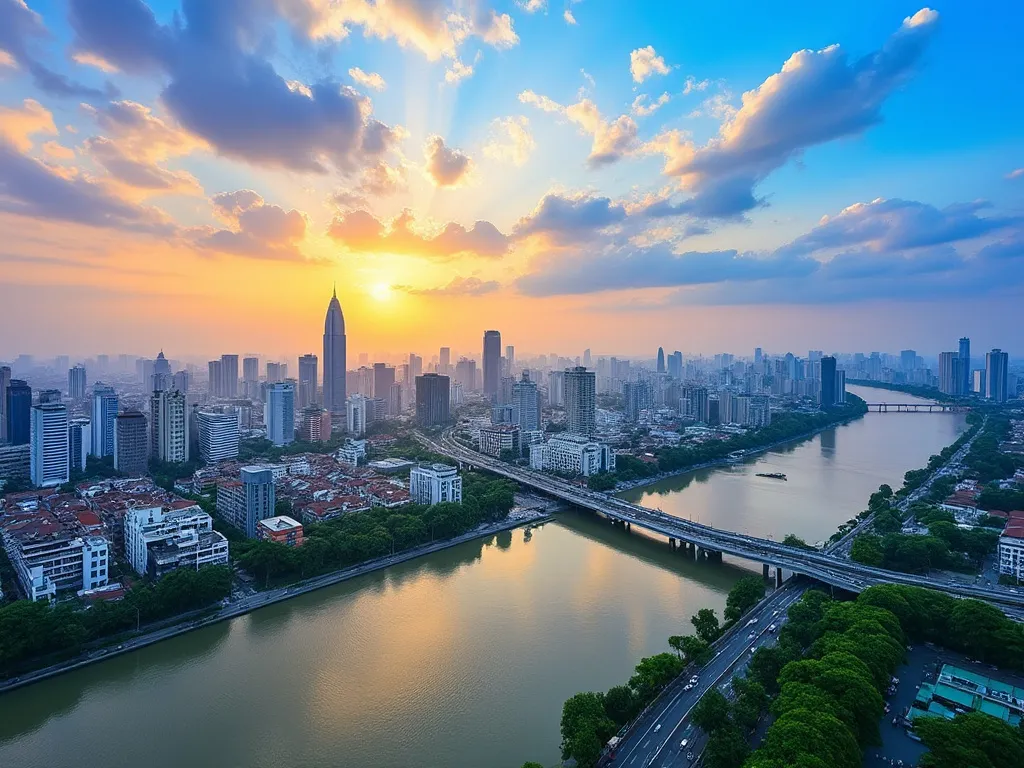
Hanói es la capital de Vietnam, un centro cultural e histórico que ha sido el centro de la política, economía y cultura vietnamita durante más de 1,000 años. Ubicada en la parte norte del país, Hanói está situada a orillas del río Rojo y es conocida por su rica historia, vibrante cultura y impresionante belleza natural.
Información sobre Hanói
| País | 🇻🇳 Vietnam |
| Población | 8,053,553 |
| Coordenadas | 21.0333° N, 105.8500° E |
| Área | 3,358.6 km² |
| Clima | Clima de sabana tropical |
| Idioma | Vietnamita |
| Moneda | Dong vietnamita (VND) |
| Zona horaria | UTC+7 |
| Proximidad a otras ciudades importantes | Haiphong (100 km), Ciudad Ho Chi Minh (1,700 km) |
Antecedentes Históricos de Hanói
Hanói tiene una larga y rica historia que se remonta al siglo III a.C. La ciudad originalmente se conocía como Thăng Long, que se traduce como "dragón ascendente." A lo largo de los siglos, Hanói ha sido gobernada por varias dinastías, incluyendo los chinos, los Ly, los Tran y los Le. En 1802, la ciudad fue renombrada Hanói, que significa "dentro del río." Durante el período colonial francés, Hanói fue la capital de la Indochina francesa, y la ciudad fue fuertemente influenciada por la arquitectura y la cultura francesa.
Ubicación Geográfica de Hanói
Hanói está ubicada en la parte norte de Vietnam, aproximadamente a 100 km de la costa. La ciudad está situada a orillas del río Rojo, que fluye a través de la ciudad y proporciona una fuente de agua y transporte. Hanói está rodeada de montañas y colinas, que proporcionan una barrera natural contra los elementos y han jugado un papel significativo en la historia y cultura de la ciudad.
Significado Cultural de Hanói
Hanói es una ciudad impregnada de cultura y tradición. La ciudad alberga muchos monumentos históricos, incluyendo el Barrio Antiguo, el Templo de la Literatura y el Mausoleo de Ho Chi Minh. Hanói también es conocida por su vibrante escena artística, con numerosos museos, galerías y lugares de espectáculos. La ciudad es famosa por su cocina tradicional vietnamita, incluyendo platos populares como pho, banh mi y bun cha.
Importancia Económica de Hanói
Hanói es el centro económico de Vietnam, con un PIB de más de $20 mil millones. La ciudad es un importante centro de industria, finanzas y comercio, con un fuerte enfoque en la manufactura, TI y turismo. Hanói también es un importante centro de transporte, con dos aeropuertos internacionales y una red integral de carreteras, ferrocarriles y vías fluviales.
Datos Interesantes sobre Hanói
- Hanói alberga más de 600 templos y pagodas.
- La ciudad tiene una red de túneles y búnkeres subterráneos que datan del período colonial francés.
- Hanói alberga el tambor de bronce más grande del mundo, que tiene más de 2 metros de diámetro y pesa más de 2 toneladas.
- La ciudad tiene una vibrante escena de comida callejera, con más de 1,000 puestos y vendedores de comida callejera.
Atracciones Turísticas en Hanói
- Mausoleo de Ho Chi Minh
- Barrio Antiguo
- Templo de la Literatura
- Lago Hoan Kiem
- Teatro de Marionetas de Agua
Conclusión sobre Hanói
Hanói es una ciudad impregnada de historia, cultura y belleza natural. Desde su vibrante Barrio Antiguo hasta sus impresionantes alrededores naturales, Hanói es una ciudad que tiene algo que ofrecer para todos. Ya sea que estés interesado en la historia, la cultura, la comida o la aventura, Hanói es una ciudad que seguramente dejará una impresión duradera.
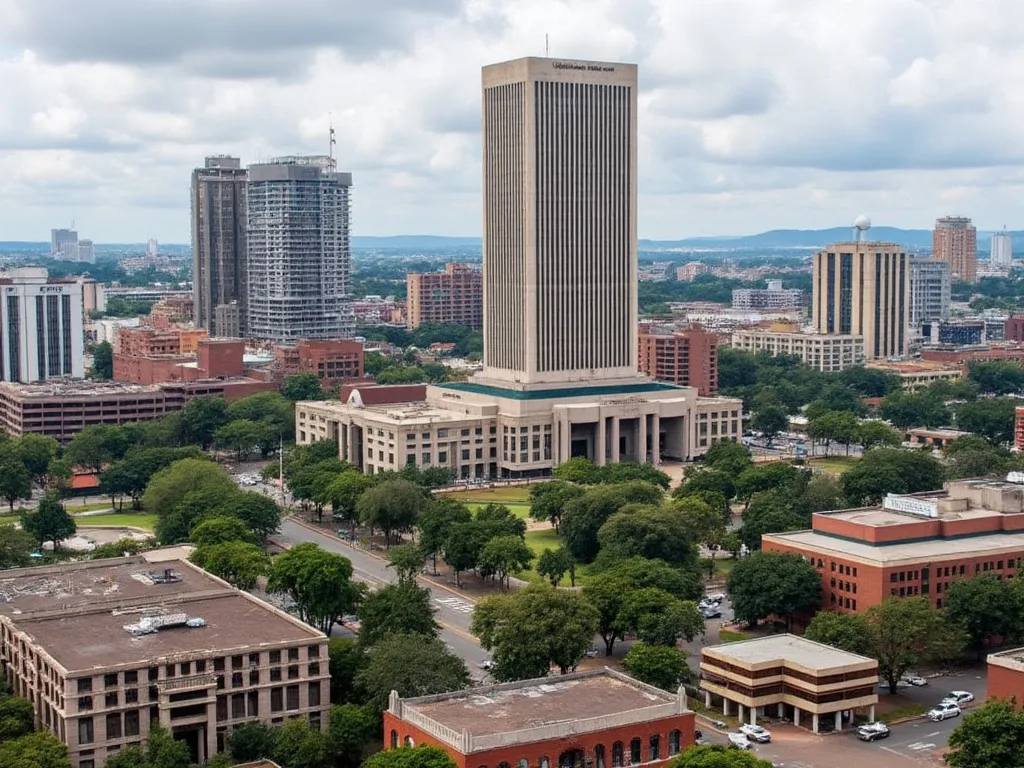 Harare
Harare
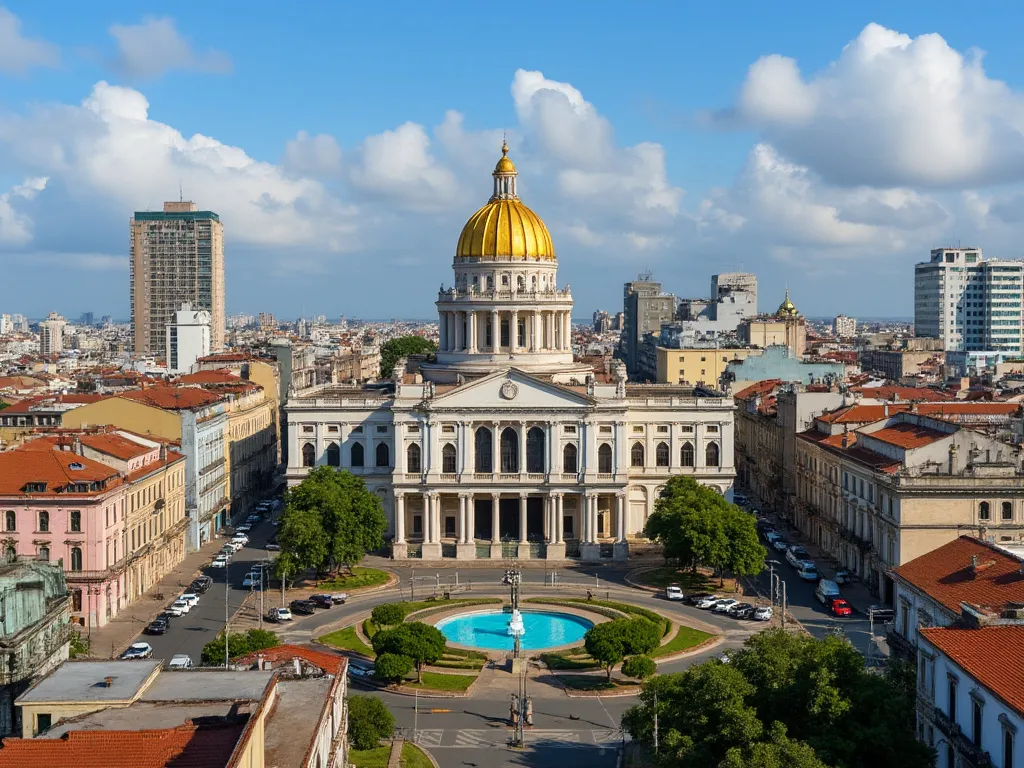 La Habana
La Habana
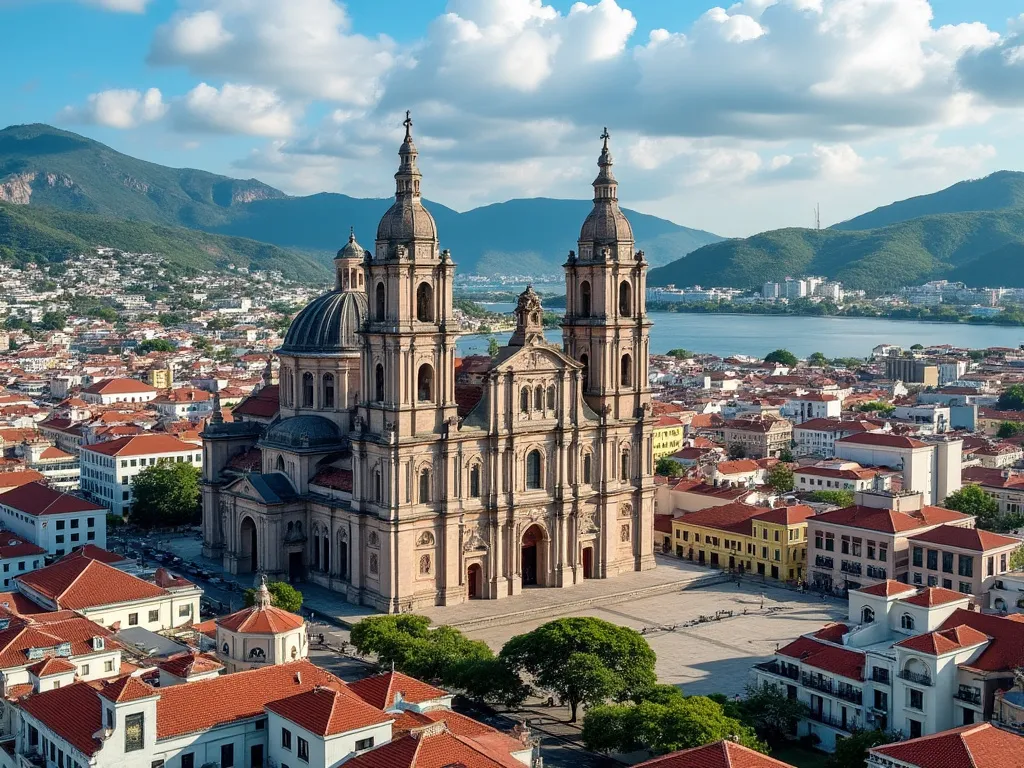 Hagåtña
Hagåtña
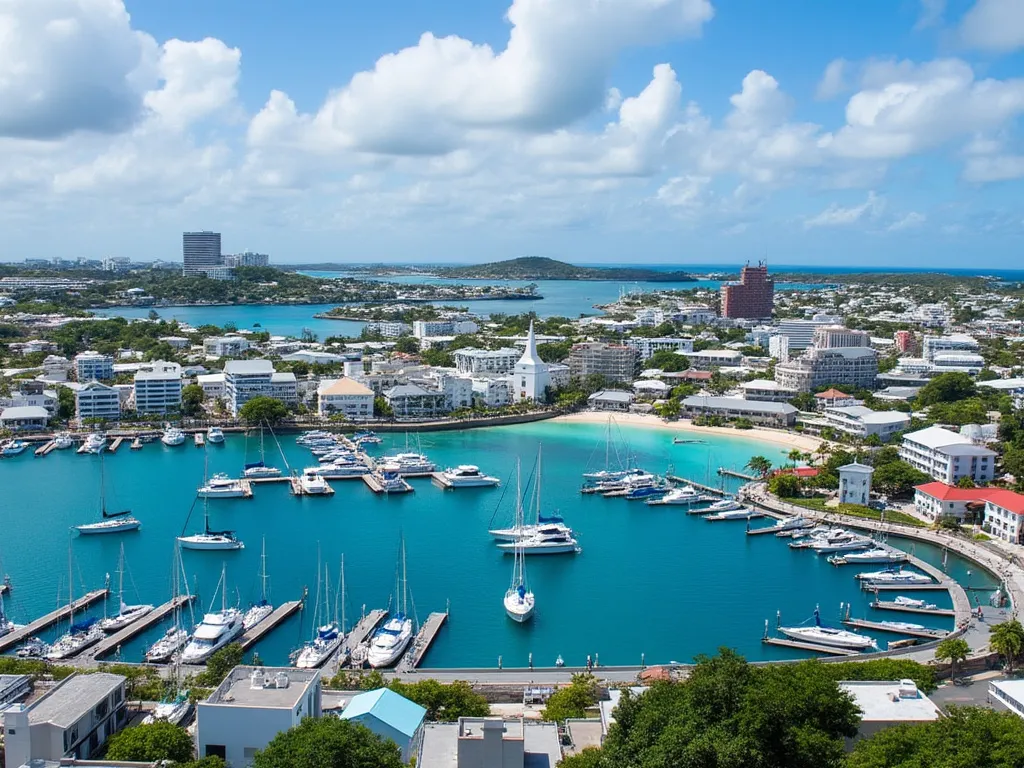 Hamilton
Hamilton